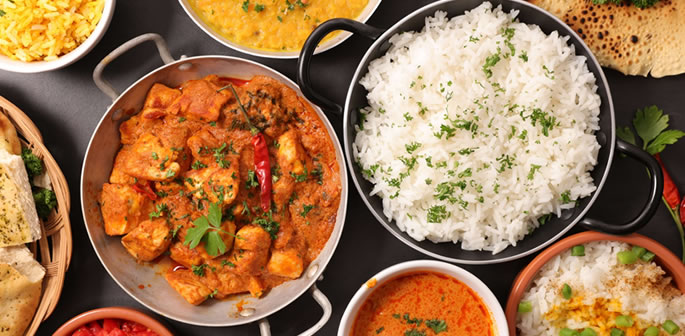The importance of staying cool and keeping well in hot weather cannot be over-estimated, as older people can be particularly susceptible to heat-related illness. Heat stroke is a life-threatening condition and can develop if heat exhaustion is left untreated. All of us, neighbours, family and friends should provide whatever support we can for older people, particularly those living alone.
Age UK offers a range of free information and advice designed to help older people live well during the summer months and protect themselves when the temperature soars. Here, Sheelagh Donovan, Technical Advice Supporter at Age UK, shares the Charity’s top tips staying cool and well in the warmer weather:
- 1. Stay inside during the hottest time of the day – late morning to mid-afternoon. If you do go out use sunscreen of factor 15 or above, wear a hat and stay in the shade if possible.
- 2. When inside, try to keep your house cool. Keep curtains and blinds closed in rooms that catch the sun. Shut windows when it’s cooler inside than out.
- 3. Avoid or limit strenuous activities like housework and gardening – try to do these activities when it’s cooler in the early morning or evening.
- 4. When travelling always carry a bottle of water and drink lots of fluid even if you aren’t thirsty. Limit drinks with caffeine and avoid alcohol as it can make dehydration worse.
- 5. Watch what you eat. Follow these tips to help you eat well during the warmer months:
- Eat normally but try to have more cold foods, particularly salads and fruits as they contain a lot of water
- Also be careful when eating outside. Whilst alfresco dining can be one of the best things about summer, hot weather causes bacteria to multiply quickly and increases our risk of food poisoning. Avoid this by bringing chilled food home quickly from the shops and putting it straight in the fridge when you get home, making sure you don’t have food sitting in the sun for long periods, and storing it in the fridge when you can
- Be careful when barbequing. We all enjoy a barbeque in the sun, but it’s actually a riskier way to cook meat. Before eating meat such as chicken, pork, burgers, sausages and kebabs from a barbeque make sure it’s piping hot and cooked all the way through, with no pink meat inside. There is no need to wash raw meat before cooking it and always wash your hands after touching it.
- 6. Choose the right clothes. It may sound obvious, but light-coloured, loose cotton clothing can help you stay cool in the heat. Dark colours absorb the light and can make you feel even warmer.
- 7. Think about your feet. Allowing your feet to breathe is important when the weather is hot so wearing open toe sandals is an excellent way to stop your feet getting sweaty and smelly. Avoid flip flops, which can be hard to walk in and opt for sandals which support your feet. Sandals that fasten with Velcro or adjustable straps are a good idea if your feet swell up in the heat.
- 8. Cool off with cold water. Remember totake nice cool baths or showers. Try splashing your face with cold wateror placing a cool damp cloth on the back of your neck.
- 9. Check for weather forecasts and temperature warnings on TV, radio and online at www.metoffice.gov.uk
- 10. If you live alone, ask a relative or friend to visit or phone to check that you are not having difficulties during periods of extreme heat. It's important to be aware of friends and neighbours during a heat wave and to let people know if you are on your own and have any concerns. Heat stroke is a life-threatening condition and can develop if heat exhaustion is left untreated.
Last year, Age UK helped over five million people with information and advice on a broad range of issues such as claiming benefits, exploring housing options, paying for care and support, staying healthy, and making the most of the Internet. Age UK’s range of free, impartial information guides are also free to download and available to view online. As well as publishing guides and factsheets, the Charity offers essential support on a wide range of issues via its website and free advice line.
















